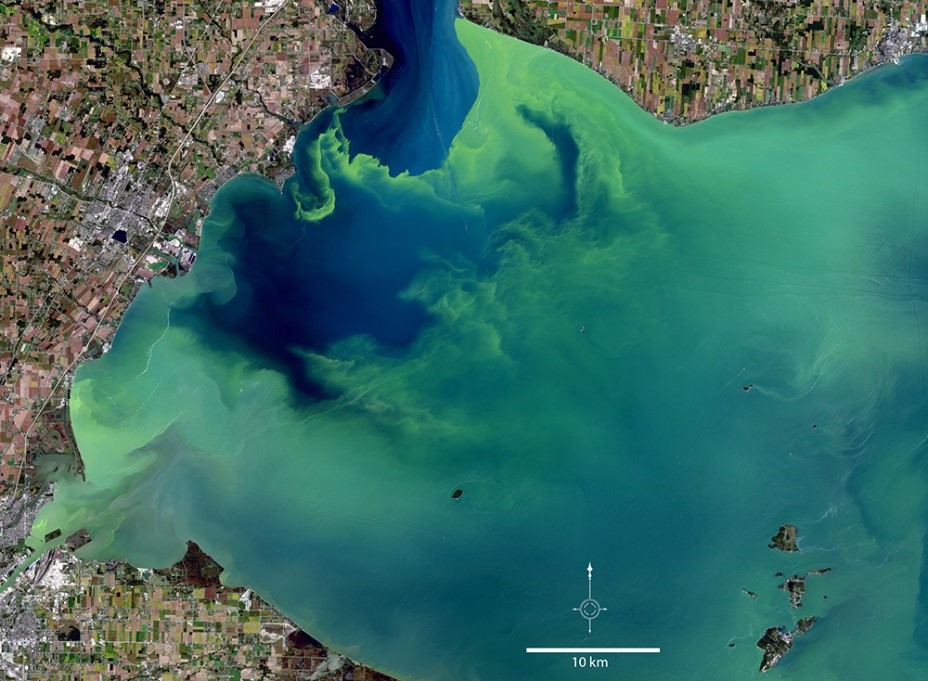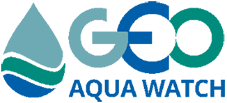Workshop on the Validation of Satellite-derived Optical and Water Quality Parameters for Coastal and Inland Waters
Validation and uncertainty assessment are crucial to the successful acceptance of satellite-derived data products. Only through confidence in parameter uncertainty will there be increased uptake of these data products by the end-user community. This workshop will focus on the validation of water quality products derived from satellite ocean color sensors within optically complex nearshore-coastal and inland waters with the goal of constructing a global validation network. The workshop will summarize and evaluate the state of current validation assets globally, identify gaps in validation coverage and begin to design a framework to construct a global validation network for these critical waters. Workshop objectives include:
- Review and evaluation of current and planned validation-related activities.
- Identifying validation gaps in spatial coverage as well as water types.
- Review and evaluation of current in situ and laboratory optical measurements and data acquisition protocols including instrument characterization and absolute radiometric calibration.
- Review and evaluation of satellite measurements in terms of representativeness for coastal and inland systems (e.g. pixel window, match up timing).
- Assessing current optical and water quality database resources including repository archive, preservation, stewardship, and access.
- Building global coordination through international partnerships for validation activities.
The workshop will cover a number of aspects related to validation including standardization of protocols, instrumentation needs, current validation research and operational efforts, validation metrics, interoperability, and documenting and formatting validation data.
Validation Workshop Program Committee
- Steven Greb (co-chair), University of Wisconsin-Madison and GEO AquaWatch
- Collen Mouw (co-chair), University of Rhode Island, Graduate School of Oceanography
- Merrie Beth Neely, GEO AquaWatch
- Paul DiGiacomo, NOAA NESDIS
- Giuseppe Zibordi, EU Joint Research Centre
- Ewa Kwiatkowska, EUMETSAT
- Juan Ignacio Gossn, EUMETSAT
- Gordon Campbell, ESA
- Nima Pahlevan, SSAI/NASA Goddard
- Tim Moore, Florida Atlantic University
- Blake Schaeffer, USEPA
- Michael Ondrusek, NOAA
- Bridget Seegers, NASA/USRA
For questions, please contact Steven Greb





